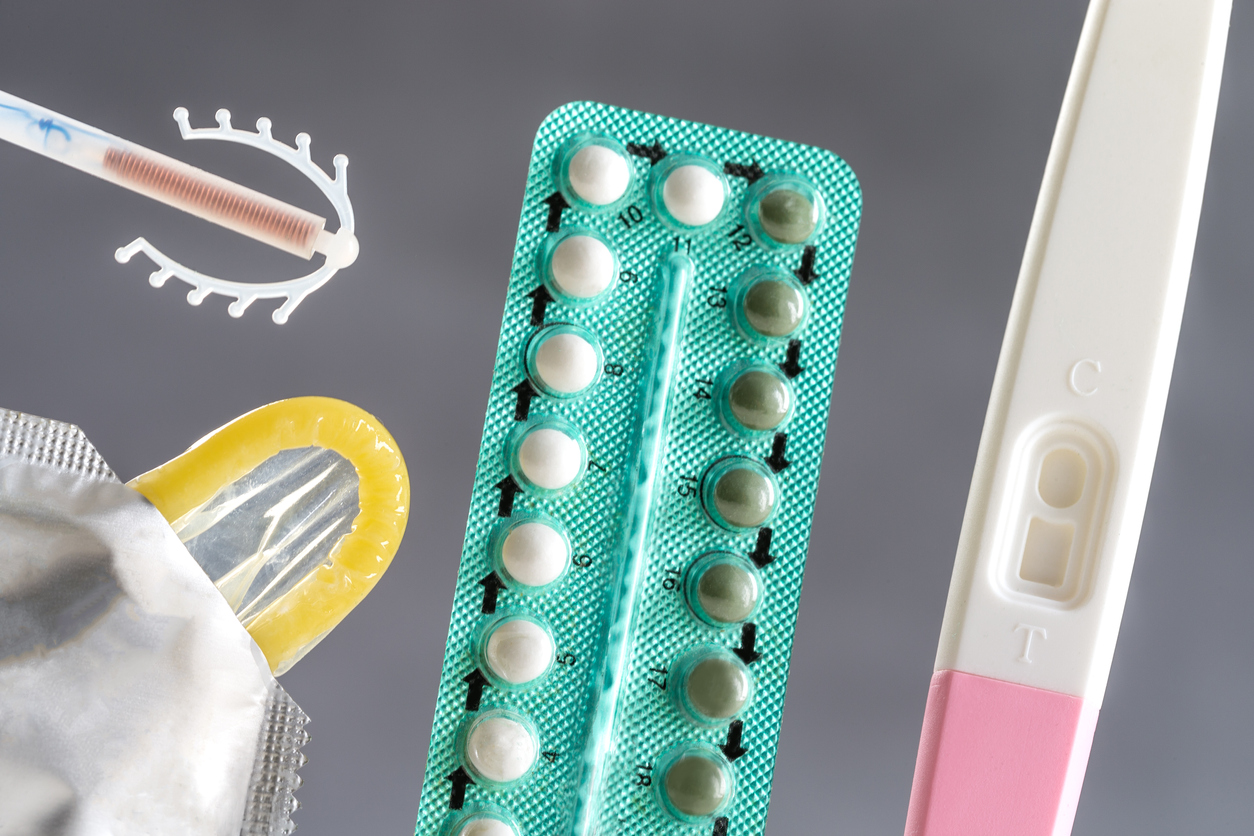Four Ways Alcohol Can Affect Your Long-Term Health
It wasn’t just a plot point for the character Miranda in the recent HBO series, “And Just Like That”: Women now drink the same amount of alcohol as men, if not more, to cope with life stressors. While this trend was on the rise even pre-pandemic, psychological stress and anxiety that often leads to drinking has only increased since COVID-19 pandemic.
In 2021, about one in four of all adults reported an increase in drinking due to pandemic-related stress. But according to WebMD, this increase has been especially apparent in women, which is especially problematic, as there are many specific long-term effects alcohol has on a woman’s health.
1. Brain Function
Your brain reduces in size naturally as you age — regardless of your gender. But heavy drinking also shrinks brain matter. Specifically, researchers at the University of Oxford found that alcohol shrinks the hippocampus, the part of the brain associated with memory, learning, and reasoning.
Other studies also show that women may be more susceptible to the brain shrinkage caused by alcohol. This effect is permanent, making it one of many reasons to limit alcohol intake, especially for women.
2. Heart Disease
For both men and women, excessive drinking can lead to high blood pressure, stroke, or heart failure. Women who drink excessively are at increased risk for damage to the heart muscle at lower levels of consumption and over fewer years of drinking than men. Additionally, even women who only moderately drink alcohol have an increased risk of cardiomyopathy, which is a disease that makes it difficult for your heart to pump blood.
3. Breast Cancer
Alcohol consumption can also impact the way a woman’s body processes estrogen. This may leave more estrogen in your body, thereby increasing your risk of hormone-related breast cancer. This risk increases with every glass of alcohol. In fact, over 10% of alcohol-related cancer cases were attributed to consuming only one bottle of beer or two small glasses of wine daily.
4. Weight Gain
Alcohol consumption can also impact weight gain for every gender. While it isn’t impossible to lose weight while drinking, even moderate drinking can significantly slow down your body’s process of burning fat.
Alcohol also impacts how your body internally manages food intake, making it difficult for you to know when you are actually full. It can also make you feel hungrier while drinking, affecting how much you actually eat. Many alcoholic drinks also have a high-calorie count, filling your body up with empty calories. If you are trying to lose or maintain weight, staying away from alcohol may be even wiser advice than avoiding the ice cream.
How to Take Care of Your Health
Though you may have come across research that indicates health benefits of alcohol, many experts agree that there is actually no safe amount to consume. If total abstinence proves impossible, light to moderate drinking is advised. The National Institute on Alcohol Abuse and Alcoholism defines moderate drinking as one drink or less per day for women, though keep in mind that even that can still lead to long-term health issues.
If you are concerned about your alcohol consumption or any other aspect of your health, Covington Women’s Health Specialists are here to help! Call for an appointment at (770) 385-8954 or schedule one online.
















